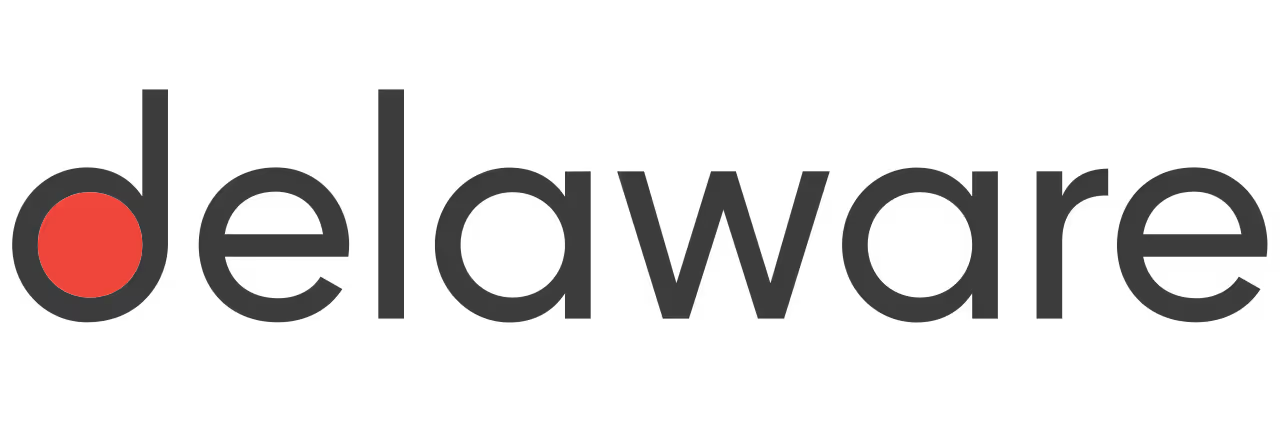When employees are happy, HR doesn’t need a holiday (yet).
Wave goodbye to scattered systems: your benefits are finally all in one place.

Only pay for what's actually spent.

Unlock your employee benefits data and take control of your success.

Welcome to the place where it all comes together
Drive, track, manage, customise, all in one.
Customise your rules endlessly.
Authorised days, employer/employee split, daily limit: you’re in control.

Streamline the management of your benefits.
Pro-rated benefits for mid-year joiners, seamless management of extended leave, real-time balance updates, and so much more. <br>Our features take the hassle out of it all.

Work smarter, not harder
Automatic error detection, instant fixes, our integrated AI means less hassle, more productivity.

Easily integrate with all payroll and HRIS tools on the market.
Upload your data, streamline payroll codes, export reports automatically, and connect via API or SFTP, it’s management done right.

From benefits to engagement, it's a quick leap with our app.
Make the most of an app in every employee’s pocket: from the admin space, bring together all your providers and schedule your communications with push notifications.
Take it further.
Aim for excellence.




Frequently asked questions
By freeing up operational time, Worklife allows HR resources to be reallocated to higher-value tasks. The function gains strategic impact without increasing costs.
Yes, thanks to consolidated indicators and on-demand reports. You can measure the actual use of benefits by population or entity. This allows you to make informed decisions about your investments based on concrete data.
Centralization and automation reduce re-entries, corrections, and unnecessary exchanges. Hidden costs associated with errors, duplicates, or administrative complexity are significantly reduced.
Yes, onboarding employees, even during the year, is very easy thanks to automated pro-rating. Setting adjustments can be made quickly, without the need for intervention from our teams. You gain autonomy and responsiveness.
Worklife centralizes all your systems within a single platform. You can manage rules and limits according to employee profiles in just a few clicks, without having to use multiple tools. Management becomes more fluid and significantly less time-consuming.





































.svg)








